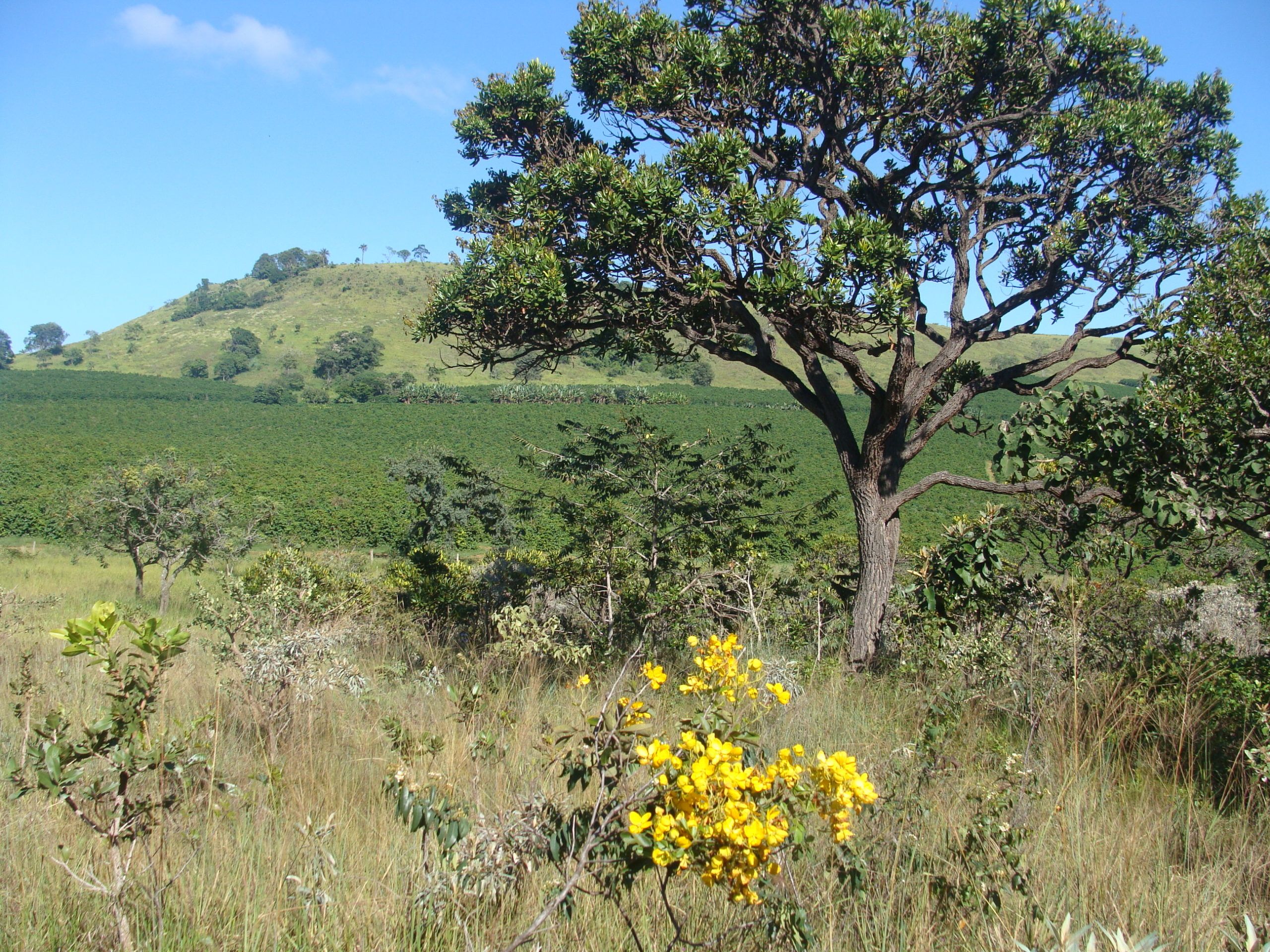The New Mexico State Investment Council has made an unprecedented change in its investment strategy. For the first time, the Council is investing in Brazilian agriculture through Brookfield Asset Management’s Brazil Agriculture Fund II vehicle. According to deputy state investment officer Vince Smith, the Council expects to gain broader diversification of its real estate assets through the investment. Additionally, limited partners are expected to receive a twenty percent gross and sixteen percent net IRR. To date, the Council has allocated nine percent of its real estate investments to farmland and agriculture. In prior years, the Council has made investments in timberland with TIAA-CREF, a company that offers a wide variety of financial services, including sector-specific investments.
The Canadian-based investment firm has developed a tentative exit strategy for the fund, planning to sell its assets to financial or strategic investors. These sales can take as long as four years. Direct investment in farmland has attracted many investors who seek both diversification and inflation protection benefits.
The global population is growing rapidly. Some predict that the global food demand will outgrow the current food production system’s capacity within the next few decades. This prospect increases the allure of making investments in agriculture now, particularly when it comes to the finite amount of farmland available.
Brookfield is a global alternative asset manager with $184 billion in assets under management focusing on renewable power, property, private equity, and infrastructure. The firm has been involved with various aspects of Brazilian agriculture since 1982. Ultimately, Brookfield hopes to raise $500 million for the fund, which will be geared toward cropland conversion and grain production, including partially converted farmland and pastureland for soybean and corn crops. Through its subsidiary, Brookfield Brazil, the company maintains one of the largest investment platforms in Canada with total approximately $32 billion in assets. The subsidiary works with other large-scale institutional investors to invest in many sectors, including agriculture.
The firm plans to target investment opportunities in the Cerrado region of northern Brazil. Cerrado encompasses ten states and vast expanses of tropical savanna. Initially, many people thought the region was unsuitable for agriculture. In 2006, the World Food Prize was awarded to Alysson Paolinelli, former Brazilian Minister of Agriculture, in addition to two soil scientists, Edson Lobato and A. Colin McClung, for their efforts in opening Cerrado as an agricultural center and competitive food-producing region. Since then, agriculture has flourished in the region.
Today, many sources report that Cerrado produces roughly seventy percent of Brazil’s beef cattle population. With the influx of irrigation technologies, Cerrado residents also grow many grains, including, maize, rice, soya, and beans. According to the United States Department of Agriculture’s Economic Research Service, Brazil is the third-largest agricultural exporter, following the United States and the European Union. The country has made increasing investments in its agricultural industry, and has implemented a number of policies that facilitate agriculture activities. Brazil ranks first when it comes to exports of coffee, sugar, tobacco, beef, and poultry, and is the second largest producer of ethanol, soybeans, and soymeal.
Have news or tips? Email [email protected].
Photo courtesy of WWF-Brazil.





